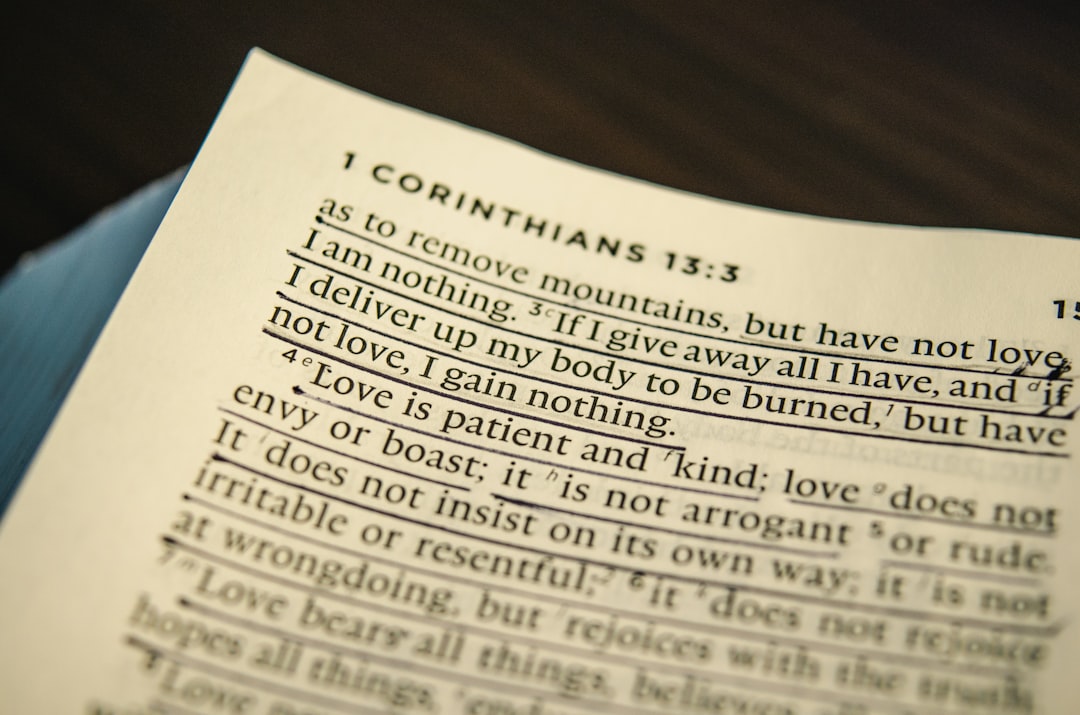Many churches wonder whether they need 501(c)(3) tax-exempt status to access certain benefits, such as nonprofit discounts on software and services. This guide will help clarify the role of 501(c)(3) status, what to do if your church is not individually recognized, and how to explore obtaining this status.
Does a Church Need to Be 501(c)(3) for Discounts?
Churches are automatically considered tax-exempt under IRS guidelines, even if they don’t hold an official 501(c)(3) designation. However, some vendors and organizations require official 501(c)(3) documentation to qualify for nonprofit discounts, including services like TechSoup and QuickBooks nonprofit pricing.
If your church is not individually designated as a 501(c)(3), you may still be eligible for discounts if you operate under a recognized umbrella organization (e.g., a denominational covering or another parent nonprofit).
How to Prove Tax-Exempt Status If Your Church Is Under an Umbrella Organization
If your church is affiliated with a denominational body or nonprofit that holds 501(c)(3) status, you may be able to obtain a group ruling letter or verification document from that organization.
Steps to Obtain Proof of Coverage:
1. Confirm Your Affiliation – If your church is under a denomination, check whether they offer group 501(c)(3) status for their churches.
2. Request a Verification Document – Contact your denominational office or parent organization and ask for a letter or certificate confirming your inclusion in their tax-exempt status.
3. Submit Documentation – Provide this verification to vendors that require proof of nonprofit status.
Having this documentation on file can be beneficial for future tax-exempt purchases, grant applications, and nonprofit pricing for software and services.
What If My Church Is Not 501(c)(3) and Needs to Become One?
If your church is not currently recognized as 501(c)(3) but wants to pursue official tax-exempt status, there are resources available to assist in the process.
Steps to Explore Obtaining 501(c)(3) Status:
1. Determine Your Need – While churches are inherently tax-exempt, official 501(c)(3) recognition allows access to additional benefits, including nonprofit discounts and certain grants.
2. Research Denominational Support – Some organizations may offer guidance or resources to help churches apply for 501(c)(3) status.
3. Seek Professional Assistance – If your church decides to move forward, you may need to complete IRS Form 1023 or 1023-EZ and consult a nonprofit attorney or accountant.
Alternative Solutions for Church Financial Management
If your church is seeking nonprofit discounts but cannot obtain 501(c)(3) status, consider alternative church accounting solutions that may be more affordable than QuickBooks.
SteepleMate offers financial tracking and donation management tools, and other platforms may also be available depending on your needs. Before selecting a system, ensure it aligns with your church’s accounting requirements.
If your church is not officially recognized as 501(c)(3) but is under a larger denominational covering, check if documentation is available to verify your tax-exempt status. If your church is considering applying for 501(c)(3) recognition, research available resources to assist with the process.
For further assistance, reach out to your denominational office or consult with nonprofit experts to determine the best path forward.
Would you like additional guidance on this process? Feel free to contact us at SteepleMate for support.

